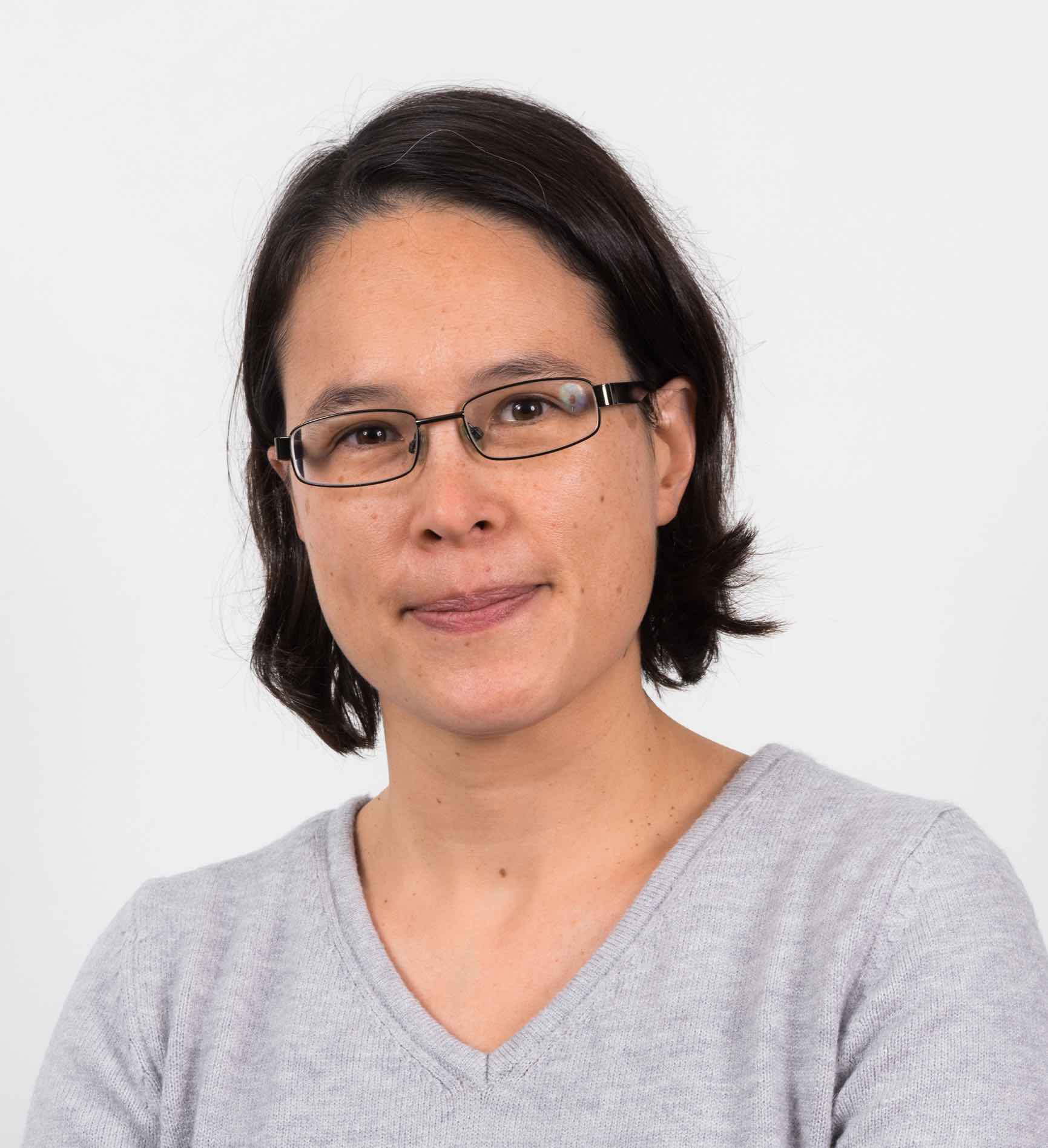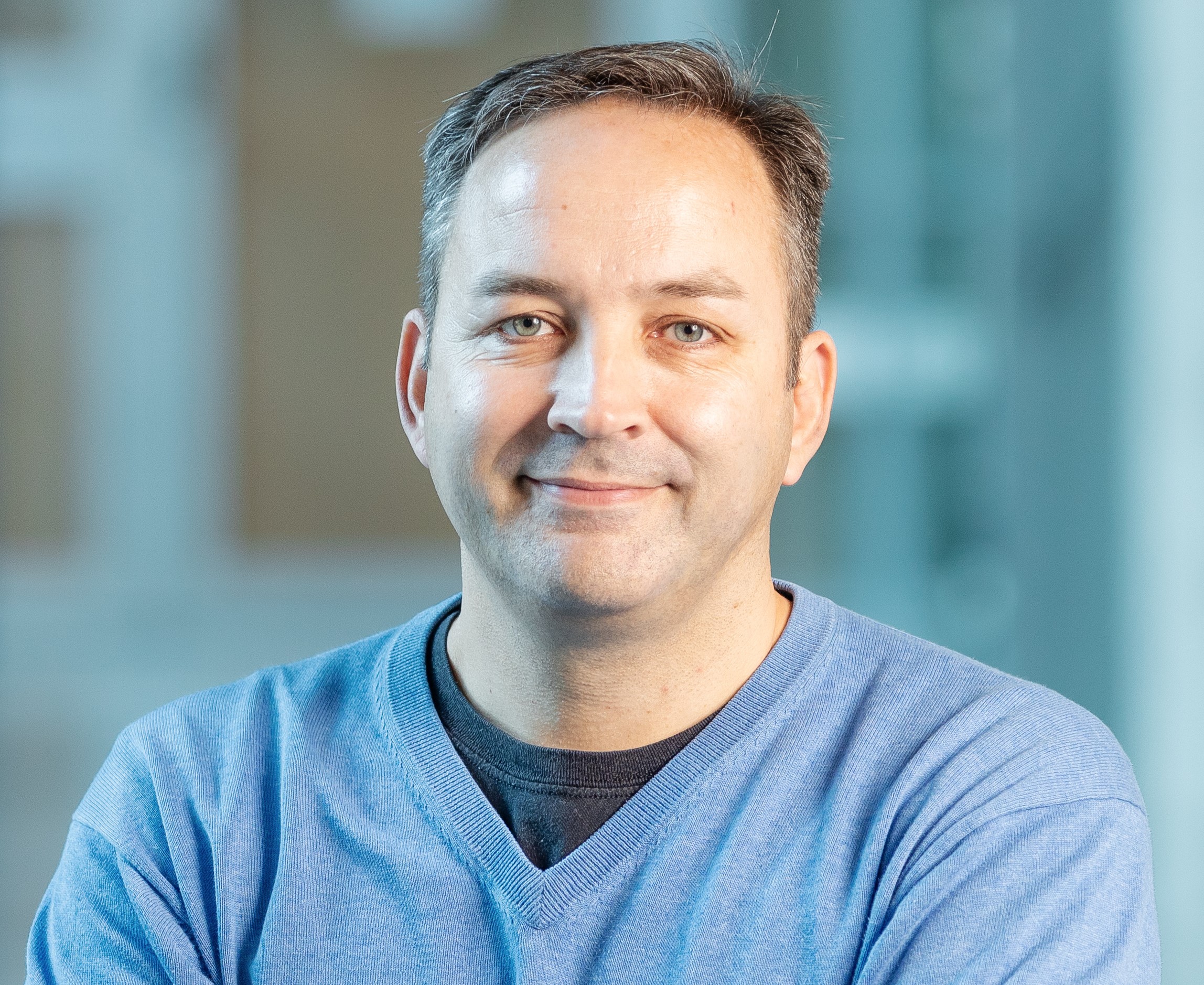 |
Aaron Smith, Universty of Maryland, Baltimore, U.S. The Smith Lab
The Smith laboratory is located in the Department of Chemistry and Biochemistry at the University of Maryland, Baltimore County. At UMBC, the Smith laboratory utilizes structural, mechanistic, and spectroscopic tools to interrogate bioinorganic chemistry with a central focus on prokaryotic and eukaryotic iron utilization. The Smith laboratory was one of the first to determine the three-dimensional structure of arginyltransferase 1 (ATE1), a critical enzyme involved in post-translational arginylation. Additionally, the Smith laboratory has shown that ATE1 is capable of modulating N-terminal arginylation in an Fe-S cluster-dependent manner, and that in vivo arginylation is linked to Fe-S cluster homeostasis. The Smith laboratory continues to research the mechanism connecting transition metals, oxidative stress, and post-translational arginylation |
 |
Andreas Bachmair, Max Pertuz Labs, Vienna, Austria. Bachmair - Max Perutz Labs
We investigate how proteins with destabilizing first residue (N-degron) are degraded. We use expression of degradation components in yeast, plant mutants and inhibitors to identify turnover pathways. Unlike budding yeast, where there is a single N-recognin for all bulky first residue N-degrons, higher eukaryotes show considerable redundancy for N-degron mediated turnover, which is the subject of our research in plants. |
|
Anna Kashina, University of Pennsylvania, Philadelphia, U.S. ANNA KASHINA
|
|
Antonis Kirmizis, University of Cyprus, Nicosia, Cyprus. Laboratory of Epigenetics and Gene Regulation |
 |
Beatrice Giuntoli, University of Pisa, Pisa, Italy. Giuntoli lab
|
|
Carmela Giglione, University of Paris-Saclay, Paris, France. Page Equipe Giglione – Institute for Integrative Biology of the Cell |
|
Cheng Dong, Tianjin Medical University, Tianjin, China. Cheng Dong (0000-0002-2891-8759) - ORCID |
|
Cheolju Lee, Korean Institute of Science and Technology, Seoul, South Korea. Lab Mol Proteomics |
|
Cheol-sang Hwang, Korea University, Seoul, South Korea. Home - homepage (cshwanglab.wixsite.com) |
 |
Chris Overall, University of British Columbia. Christopher M. Overall - The Overall Lab
Professor Chris Overall is a Distinguished University Scholar of the University of British Columbia, a fellow of the Royal Society of Canada, a Canada Research Chair Laureate in Protease Proteomics and Systems Biology, a Yonsei Distinguished Scholar of Yonsei University, Korea, and a Senior Fellow of the Freiburg Institute of Advanced Studies, Albert-Ludwigs Universität Freiburg, Germany, where he is an Honorary Professor. His 310 papers are influential, with an h-index of 107. He is best known for his development of terminomic methodology for the identification of protein N and C-termini for the identification of mature and neo-protein substrate termini in vivo. He Chairs the HUPO Chromosome-centric Human Proteome Project (C-HPP), sits on the 1st Council of the pi-Hub Global Proteomics Project, and is the recipient of numerous awards, e.g., CNPN Tony Pawson Award, the Proteomass Scientific Society Award; 2018 HUPO Discovery Award in Proteomics Sciences; and 2022 Helmut Holzer Award.
|
|
Elke Deuerling, University of Konstanz, Konstanz, Germany. AG Deuerling (uni-konstanz.de)
|
 |
Emmanuelle Graciet, Maynooth University, Ireland. Emmanuelle Graciet - Maynooth University
We are interested in understanding the role of protein degradation mediated by the ubiquitin system in the regulation of plant responses to biotic and abiotic stresses. The lab has a more specific focus on the ubiquitin-dependent N-degron pathway and the crosstalk between the response programs to hypoxia (e.g. caused by flooding) and to pathogens, when stresses are combined. We use the model plant Arabidopsis thaliana, but also crops such as barley, Brassica rapa (turnip) and Brassica napus (oilseed rape), in combination with biochemical, molecular, genetic and genomics approaches.
|
 |
Hsueh-Chi Sherry Yen, Academia Sinica, Taipei, Taiwan. Institute of Molecular Biology, Academia Sinica
Hsueh-Chi Sherry Yen is a Research Fellow in the Institute of Molecular Biology at Academia Sinica and a Professor of the Genome Science Degree Program at National Taiwan University. She has a long-standing interest in understanding ubiquitin-proteasome-mediated protein degradation. Specifically, she has developed GPS (global protein stability) profiling technology for high-throughput characterizations of protein degradation in living cells and she pioneered the discovery of C-degron pathways (C-end rule) that play a critical role in the elimination of erroneous proteins that arise from translation errors, protein missegregation and proteolytic cleavage.
|
|
Hyung Kyu Song, Korea University, Seoul, South Korea. Hyun-kyu-song - University webpage
|
|
Itay Koren, Bar-Ilan University, Ramat Gan, Israel. www.thekorenlab.com
|
 |
Janet Kumita, Cambridge University, Cambridge, U.K. https://www.phar.cam.ac.uk/research/kumita
I am an MRC-CDA Fellow and Group Leader in the Department of Pharmacology, University of Cambridge. Our research uses biophysics, cell biology and protein engineering, to study the molecular mechanisms of the protein aggregation underlying neurodegenerative diseases. These disorders, including Parkinson’s and Alzheimer’s diseases, involve a complex pathway whereby soluble protein converts to aberrant self-assemblies. My group is interested in finding novel therapeutic strategies to inhibit aggregation, to modulate aggregate toxicity and to decrease or remove toxic species; therefore, understanding the role of post-translational modifications on protein aggregation is of great relevance.
|
 |
Kris Gevaert, University of Ghent, Ghent, Belgium. Gevaert Lab - Home (vib.be)
The Gevaert lab uses mass spectrometry-based proteomics for tackling highly diverse questions in life sciences. We were among the first labs to introduce N-terminomics approaches that were applied to map substrates of proteases and to study N-terminal protein modifications including protein N-terminal acetylation on a proteomic scale. We use N-terminomics for studying disease models associated with aberrant N-terminal acetylation and to identify so-called N-terminal proteoforms, which we further functionally validate. Our future plans also include mapping protein modifications on the single-cell level and are therefore implementing and developing novel single-cell proteomics technologies.
|
 |
Michael Holdsworth, University of Nottingham, Nottingham, U.K. N-end rules
|
|
Ruth Geiss-Friedlander, University of Freiburg, Freiburg, Germany. Geiss-Friedlander Lab
|
 |
Thomas Arnesen, University of Bergen, Bergen, Norway. Arnesen Lab
The main interest of the Arnesen lab is protein N-terminal acetylation and N-terminal acetyltransferases (NATs). Using yeast, human cell models and in vitro approaches, his lab and collaborators i) identified and defined the complete cytosolic human NAT-machinery including NATs acting post-translationally, ii) quantitatively analyzed the N-terminal acetylomes of yeast and human cells, iii) developed novel assays for NAT-profiling, iv) explored the molecular and cellular effects of N-terminal acetylation, v) contributed to the understanding of the physiological and clinical importance of NATs by revealing the links between NatA and cancer cell survival and drug sensitization, and by defining genetic disorders caused by pathogenic NAT variants. His lab also contributed to solving the first NAT-structures and developing the first potent NAT-inhibitors.
|
 |
IUBMB Lecturer: Yong Tae Kwon, Seoul National University, Seoul, South Korea. Protein Metabolism Laboratory
For the past 30 years at Caltech (1994-2002), University of Pittsburgh (2002-2013), and Seoul National University (2010-present), Yong Tae Kwon has been working on the mammalian N-degron pathway. His earlier work (1994-2013) focused on the pathway’s components such as NTAN1, ATE1, and UBR1-UBR7 that together define the Arg/N-degron pathway. At Seoul National University, his research was extended to the autophagic N-degron pathway, in which the autophagic receptor p62/SQSTSM-1 functions as an N-recognin. Based on the N-degron principle, his lab also developed various chemical tools to modulate diverse bio-materials, including AUTOTAC (Autophagy Targeting Chimera) that enables autophagic degradation of disease-associated bio-materials. An Autotac compound targeting tau aggregates received IND approval from Korea FDA to treat Alzheimer’s disease and other neurodegenerative diseases.
|

















